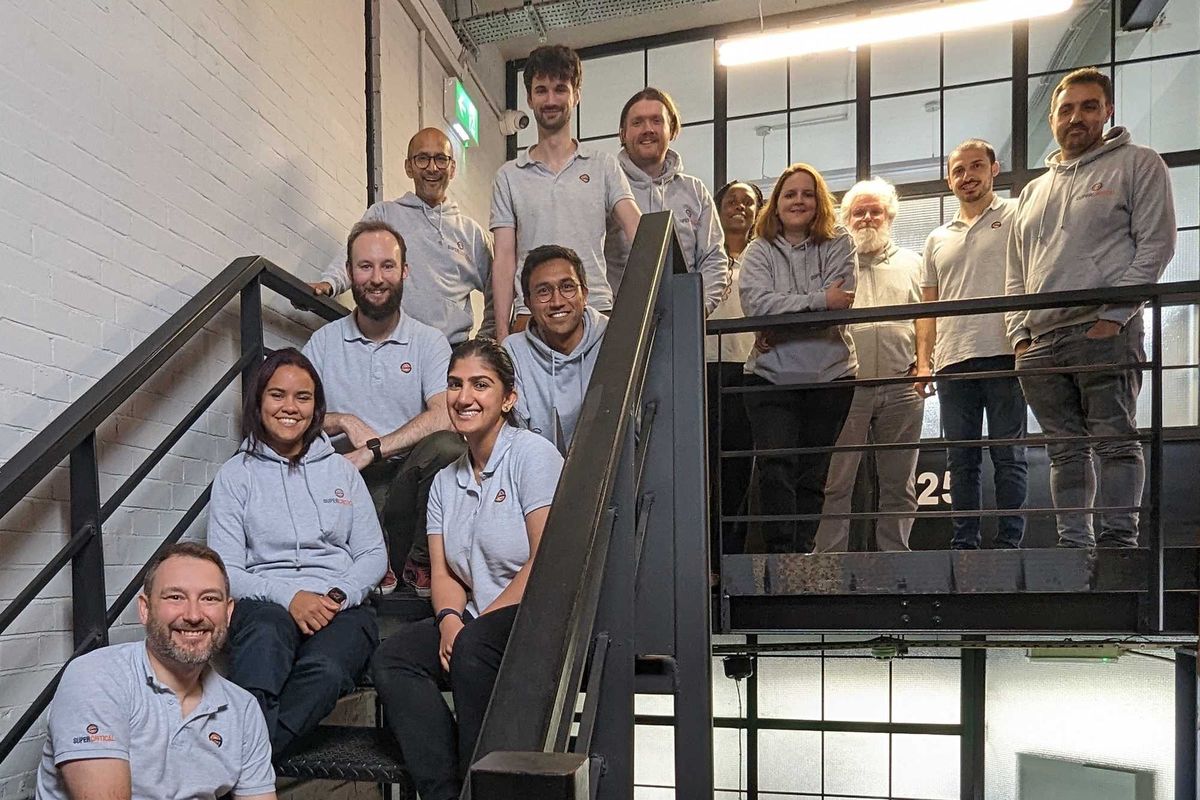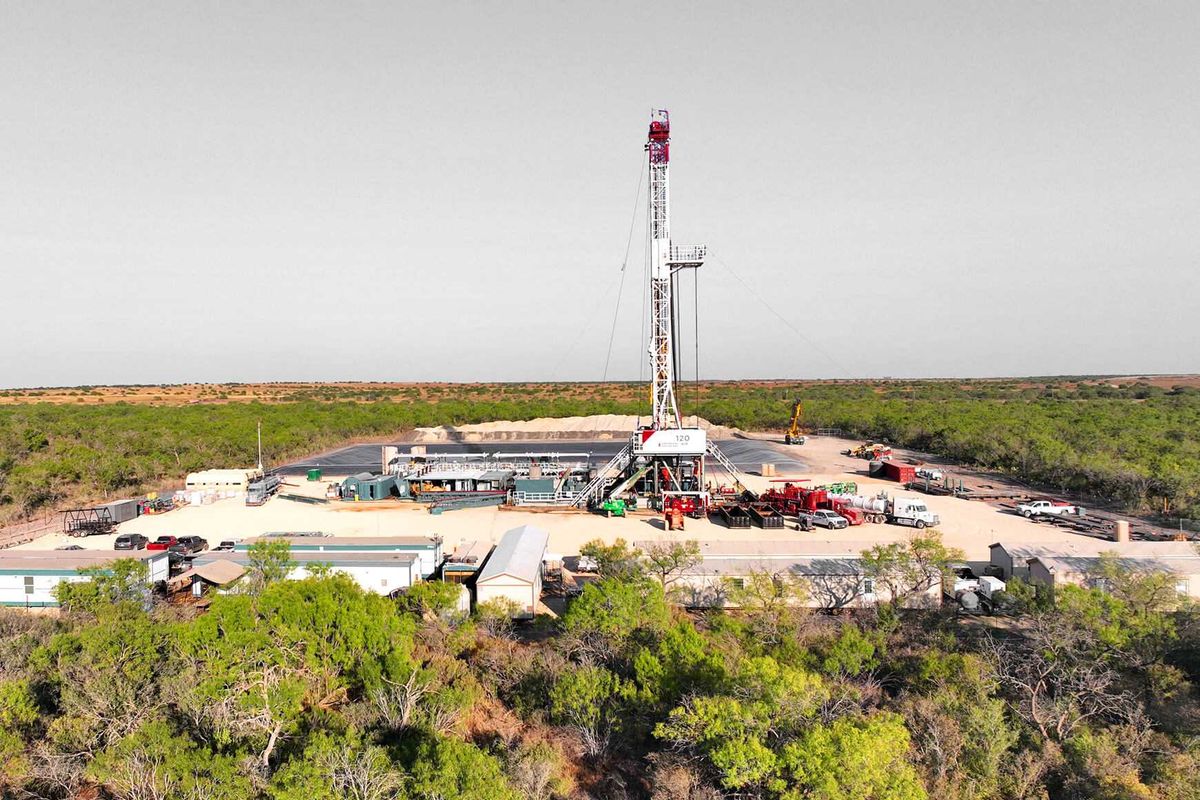UH team unlocks innovative approach to pinpoint pollution factors
zooming in on emissions
A team of researchers at the University of Houston are using machine learning to help guide pollution fighting strategies.
As reported in the journal Environmental Pollution last month, the team used the SHAP algorithm of machine learning (a game theory approach) and the Positive Matrix Factorization to pinpoint what areas in Houston had the highest impact on emissions and how certain meteorological factors play into ozone formation.
The paper was authored by Delaney Nelson, a doctoral student at the Department of Earth and Atmospheric Sciences of UH, and Yunsoo Choi, corresponding author and professor of atmospheric chemistry, AI deep learning, air quality modeling and satellite remote sensing.
The team's research closely tracked nitrogen-based compound and volatile organic compound measurements from Texas Commission on Environmental Quality's monitoring stations in the Houston area. After importing measurements from The Lynchburg Ferry station in Houston's ship channel and the urban Milby Park station, the machine learning and SHAP analysis showed a chemically definitive difference between the two areas.
For example, at the industrial station, the most impactful sources of pollution were from oil and gas flaring/production. At the urban site n_decane and industrial emissions/evaporation had the most impact on ozone.
According to Nelson and Choi, this shows that the machine learning and SHAP analysis approach can be used to tailor more precise air quality management strategies in different areas based on the site's unique characteristics.
“Once we know the specific emission sources and factors, we can develop targeted strategies to reduce emissions, which will in turn reduce ozone in the air and make it healthier for everyone," Choi said in a statement.
“Pollution is a critical issue in Houston, where you have extreme high heat and high concentration of ozone in the summers. The types of insights we got are very useful information for the local community to develop effective policies. That’s why we put our time, effort and technological expertise into this project," he continued.
Next the team envisions applying their approach in different cities and across the country.
“Austin, San Antonio and Dallas all have different characteristics, so I expect (volatile organic compound) sources will also be different,” Choi said. “Identifying VOC sources in different cities is very important because each city should have its own unique pollution fighting strategy.”
This summer, the City of Houston released an updated report on its major strategies to combat climate change and build a more resilient future for its residents.










